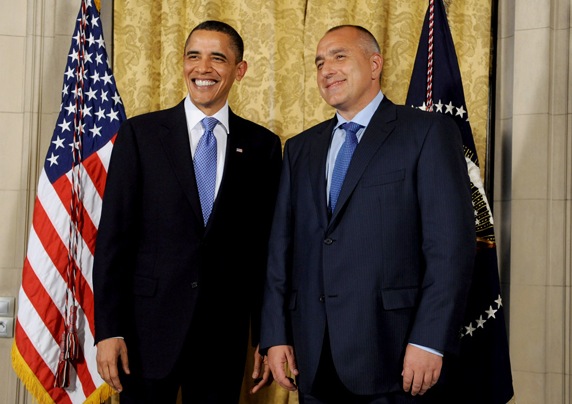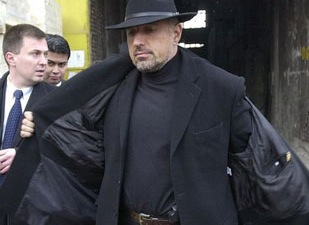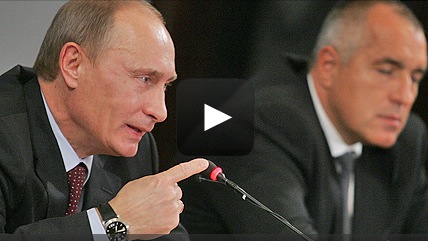Borissov described himself as "Bulgaria's biggest asset"

"We must continue to walk a fine line between being used by Borisov's publicity machine and alienating an exceptionally popular and seemingly pro-American politician who may emerge as Bulgaria's next leader. In other words, we should continue to push him in the right direction, but never forget who we're dealing with."
This is the conclusion of a diplomatic report dedicated to now Bulgarian Prime Minister, Boyko Borisov, sent by former US Ambassador to Sofia, Jonh Beyrle on May 9, 2006. The report’s confidentiality level is listed as SECRET/NOT FOR FOREIGNERS, only one level below the highest TOP SECRET – cables classified as TOP SECRET are not available to Wikileaks.
The reasons for classifying the report are coded as 1.5 (b,d), meaning confidential sources have been used in its preparation.
The cable has another characteristic – from a total of 978 reports sent from Sofia, there are just a few that have been checked and approved simultaneously by the Embassy’s political, military and security advisors, not just Ambassador Beyrle.
"The Dirt"
This is how Beyrle titled the section focusing on Boyko Borisov’s criminal past. Incidentally, the paragraph has the "lucky" number 13, while in the brackets, after 13, the level of confidentiality is purposely listed as SECRET/NOFOR, which corresponds to the highest level of classified information for this cable.


A set of cables about Bulgarian energy business, published by the Wikileaks media partner Bivol.bg, discloses a realm of "energy mafia", murky intermediaries, connected with organized crime, and Russian financial interests.
The cables reveal how Russia was blackmailing Bulgarians to advance the construction of new pipelines for Russian gas and oil, and of a new nuclear power plant in Belene (the only Russian project of this type in EU).
Describing his September 1, 2009, meeting with Putin in Gdansk, Borissov said Putin implied (in an off-the-record remark) that Bulgarians "risk being cold" during the upcoming winter if Borissov did not move forward with the projects.
Bulgaria is 100% dependent from Russian gas and nuclear fuel and was the most affected country during the gas supply cuts in 2009.
Translation of the full analysis by Bivol.bg will follow shortly.
Theme by Danetsoft and Danang Probo Sayekti inspired by Maksimer